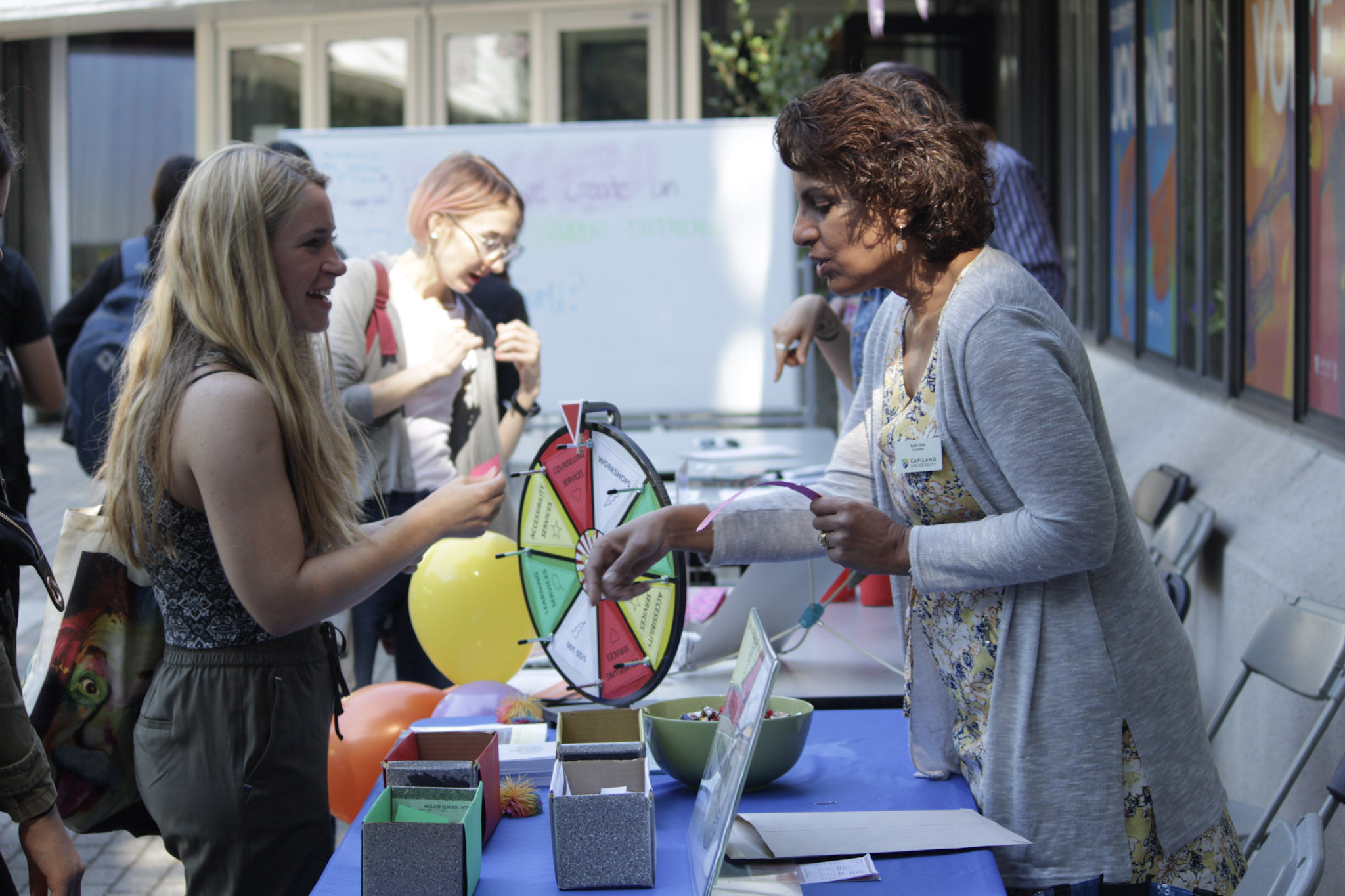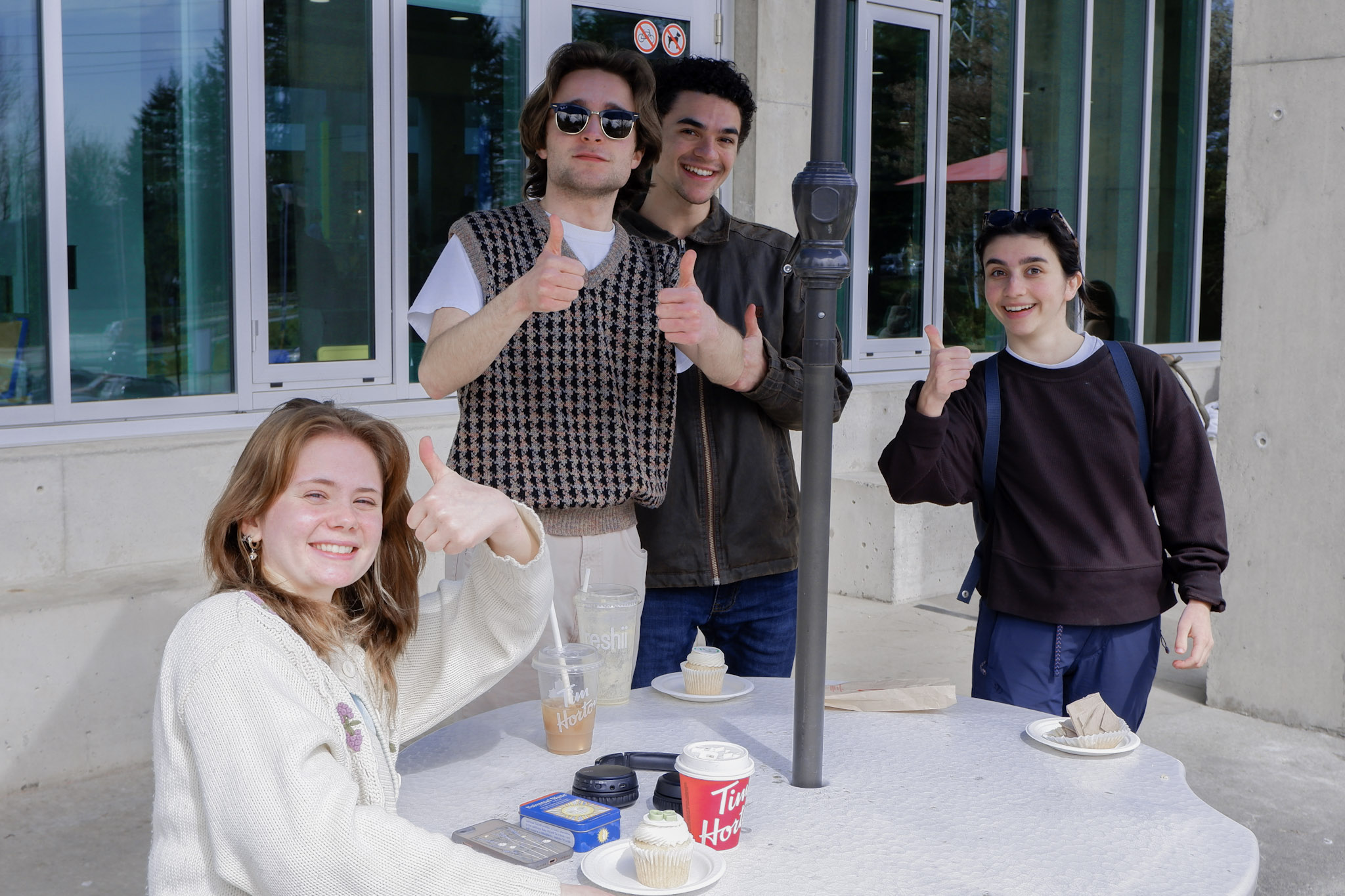Make the Switch

Students
- Post your textbook receipts on social media tagging @capstudentunion and #maketheswitch. How would a switch to OERs improve your educational experience?
- Talk to your instructors about OERs. Most of the time, profs don’t actually know how much the textbooks cost for their class as publishers give them copies for free! Explain to them how the cost of textbooks has affected you as a student, and tell them how open textbooks would benefit you. Use this email template to ask them to #MakeTheSwitch directly! Reach out if you need help or support.
- Learn more about OERs and what resources are available. Check out BCcampus for information, and feel free to email us [mailto: [email protected]] for more information.

Faculty
- #maketheswitch today and start using OERs in your classroom! Not sure where to start? Don’t worry, the Centre for Teaching Excellence and BCcampus both have great resources to point you in the right direction.
- If you’ve already made the switch, please share your story with us and other faculty members! Post on social media explaining why moving to OERs was a good choice for you. Remember to tag @capstudentunion and #maketheswitch or email us directly [mailto: [email protected]] .
Frequently Asked Questions
DID YOU KNOW?
50%
Over 50% of students in British Columbia do not buy required course textbooks due to the high cost?
25%
More than 25% of potential students decided not to register for a class because they couldn’t afford the cost of course materials.
- More than 25% of potential students decided not to register for a class because they couldn’t afford the cost of course materials.

